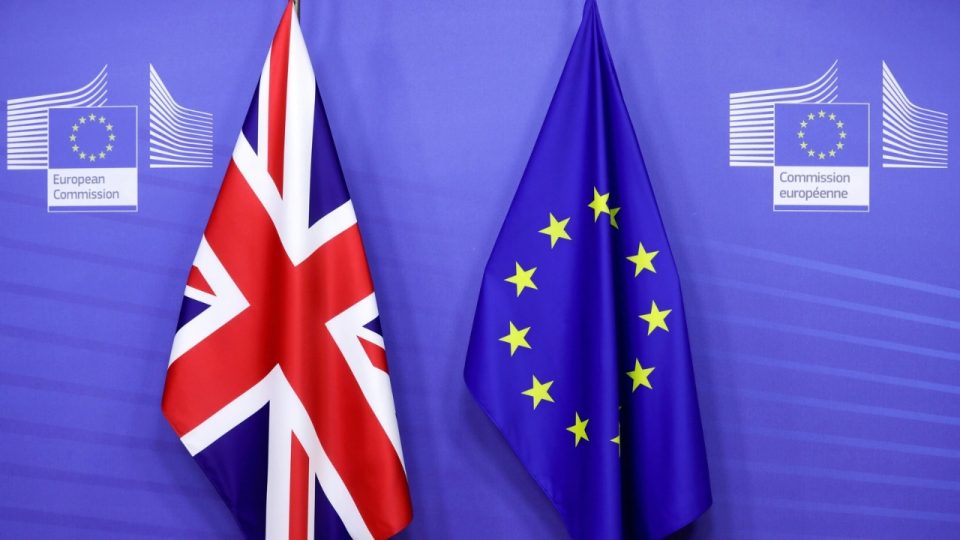The British government is expected to introduce legislation on Monday to unilaterally change Northern Ireland’s trade rules after Brexit, a move that lawmakers say violates international law.
The legislation would allow the government to bypass the so-called Northern Ireland Protocol, which requires inspections of some goods shipped there from the rest of the UK. The protocol, which aims to preserve free trade on the island of Ireland, is part of a broader trade deal negotiated by Prime Minister Boris Johnson and the EU when Britain leaves the EU-27.
But the arrangement has proven politically harmful to Johnson because it treats Northern Ireland differently than the rest of the UK, potentially undermining the provinces’ historical ties to the UK. Northern Ireland’s Democratic Unionist Party has refused to return to a power-sharing government in the region until the deal is amended to address the issues.
The opposition Labour Party, and even some members of Johnson’s Conservative Party, have said unilaterally amending the agreement is illegal and would damage Britain’s standing in other countries because it is part of a treaty considered binding under international law.
Opponents of the bill said in a report circulating among Conservative MPs that tearing up the prime minister’s treaties in breach of international law was damaging Britain and everything the Conservative Party stood for, the Financial Times reported.
Northern Ireland is the UK’s only land border with EU countries, and arrangements for Northern Ireland have proven to be the thorniest issue of Brexit, which is due to be completed by the end of 2020.
The 1998 Good Friday agreement ended decades of violence in Northern Ireland and was based on the fact that both the UK and Ireland are members of the European Union, allowing goods and people to freely cross the border.
While both sides are committed to keeping the border open, other competing interests make that goal difficult to achieve.
The EU is focused on protecting its internal market and wants to ensure that all goods flowing into the EU meet its standards. Britain is trying to maintain its newly won independence from the European Union while maintaining the union of England, Northern Ireland, Scotland and Wales.







